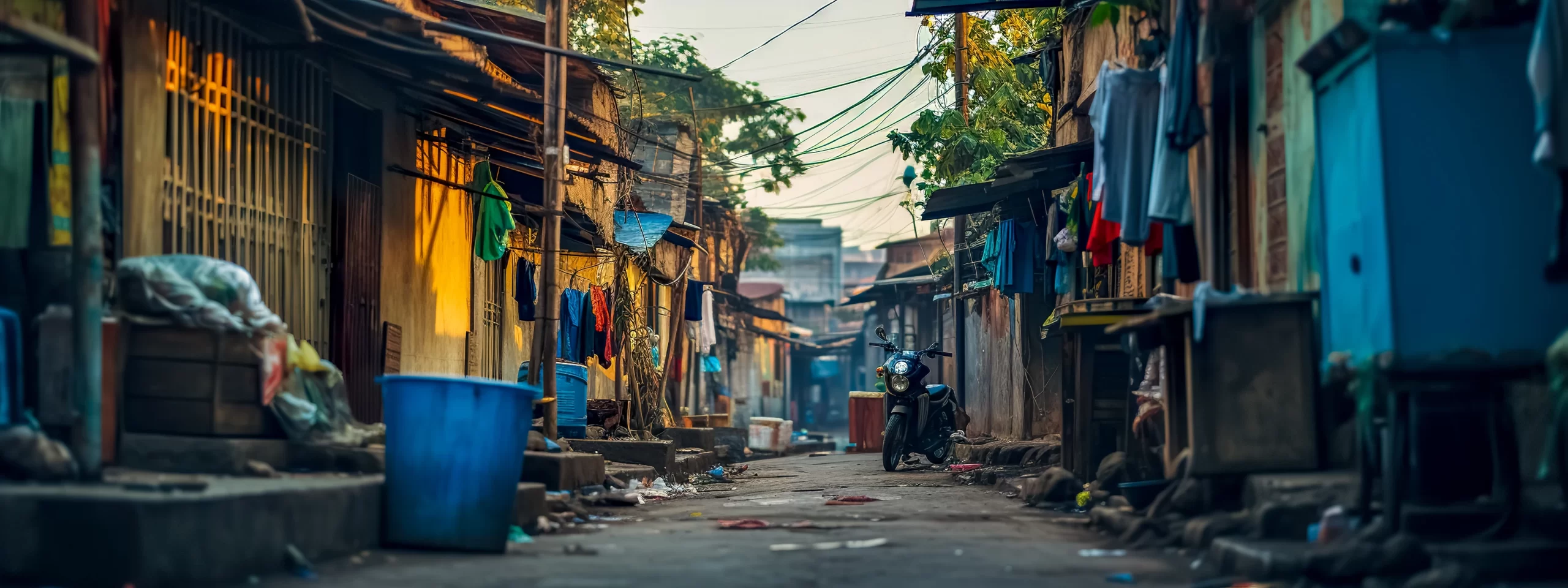
[ad_1]
Misconceptions about poverty usually cloud our understanding of its true nature and hinder our skill to deal with it successfully. Unveiling the reality behind these 10 widespread myths is important for comprehending the true challenges and selling knowledgeable motion towards efficient options. By dismantling these fallacies, we will pave the way in which for significant progress in combating international poverty.
1. Delusion: Poverty Is Solely On account of Laziness
The belief that poverty is just a results of laziness ignores vital structural points reminiscent of restricted entry to high quality schooling, fluctuating financial circumstances, and scarce employment alternatives. Many people dealing with poverty work tirelessly in a number of jobs, but nonetheless battle financially attributable to inadequate wages and escalating residing prices.
2. Delusion: Throwing Cash on the Drawback Will Repair It
Believing that growing funding alone can remove poverty overlooks the necessity for systemic and strategic adjustments. Tackling poverty successfully entails considerate investments in schooling, healthcare, infrastructure, and the implementation of insurance policies that handle financial disparity and social inequities.
3. Delusion: Poverty Is Solely a Drawback in Growing Nations
This fable fails to acknowledge that poverty is a world situation, affecting people even within the wealthiest nations. Developed international locations grapple with earnings inequality, homelessness, and restricted entry to primary companies for the deprived, proving that poverty will not be confined to anyone area.
4. Delusion: Poor Individuals Are Uneducated
This stereotype is unfair and inaccurate, as many people in poverty extremely worth schooling however are hindered by components like affordability, accessibility, and high quality. Typically, quick survival wants take priority over academic pursuits, perpetuating the cycle of poverty.
5. Delusion: Extra Jobs Will Robotically Cut back Poverty
Creating jobs will not be a cure-all for poverty. The emphasis needs to be on producing high quality employment alternatives that present enough wages, job safety, and prospects for development. Many who’re impoverished are employed in low-paying or precarious jobs that fail to supply a livable wage.
6. Delusion: Poverty Doesn’t Have an effect on the Wider Neighborhood
Opposite to this perception, poverty has vital financial and social impacts on the broader group. Excessive poverty ranges contribute to elevated crime charges, poorer public well being, and diminished financial development. Addressing poverty yields advantages for the whole society, fostering a more healthy, extra steady, and affluent group.
7. Delusion: Poor Individuals Are Susceptible to Crime
This fable unjustly stigmatizes these in poverty, ignoring the myriad components that contribute to legal conduct. Whereas financial desperation would possibly result in larger crime charges in some situations, many residing in poverty are law-abiding residents striving for a greater life regardless of their circumstances.
8. Delusion: Poverty Is Inevitable and Unsolvable
Viewing poverty as an unchangeable and unsolvable situation results in apathy and inaction. Historical past reveals that strategic insurance policies and focused interventions can considerably cut back poverty. Believing in the opportunity of change is step one towards creating options.
9. Delusion: All Poor Individuals Reside the Similar Approach
This oversimplification ignores the range of experiences amongst folks residing in poverty. Poverty manifests in another way throughout varied areas, cultures, and particular person circumstances. Understanding this range is essential for creating focused and efficient poverty alleviation methods.
10. Delusion: Welfare Applications Make Individuals Dependent
The misunderstanding that welfare packages create dependency neglects their function in offering important help to these in want. These packages are sometimes designed as stepping stones to better stability, providing non permanent help to assist people regain their footing.
Realities of Poverty
Dispel myths, embrace information. Understanding the realities of poverty is essential in crafting and implementing efficient options. It’s time to shift the narrative and give attention to actions that actually make a distinction within the battle in opposition to poverty.
Share this text to unfold consciousness and be part of the dialog about actual options to poverty.
[ad_2]











